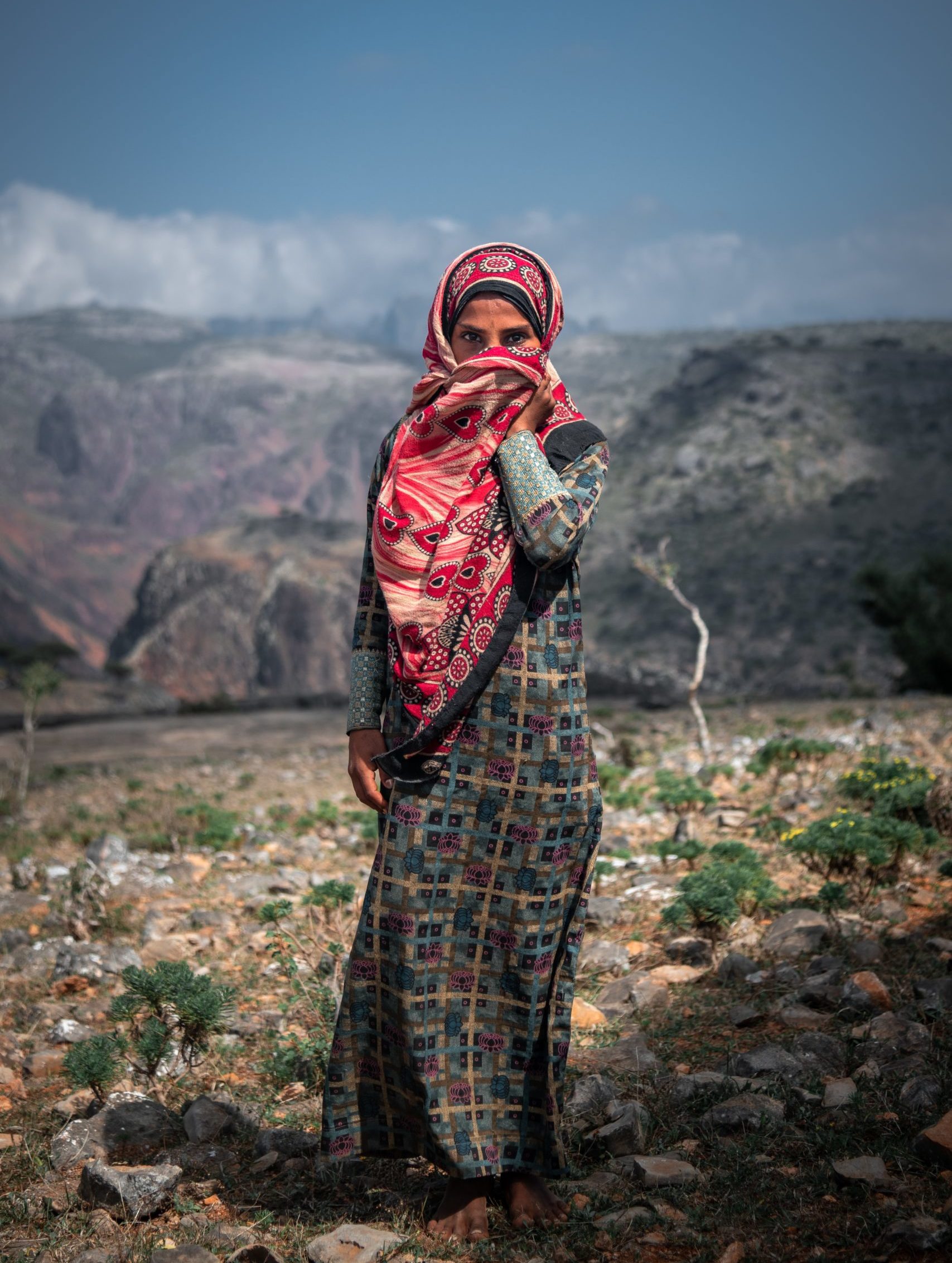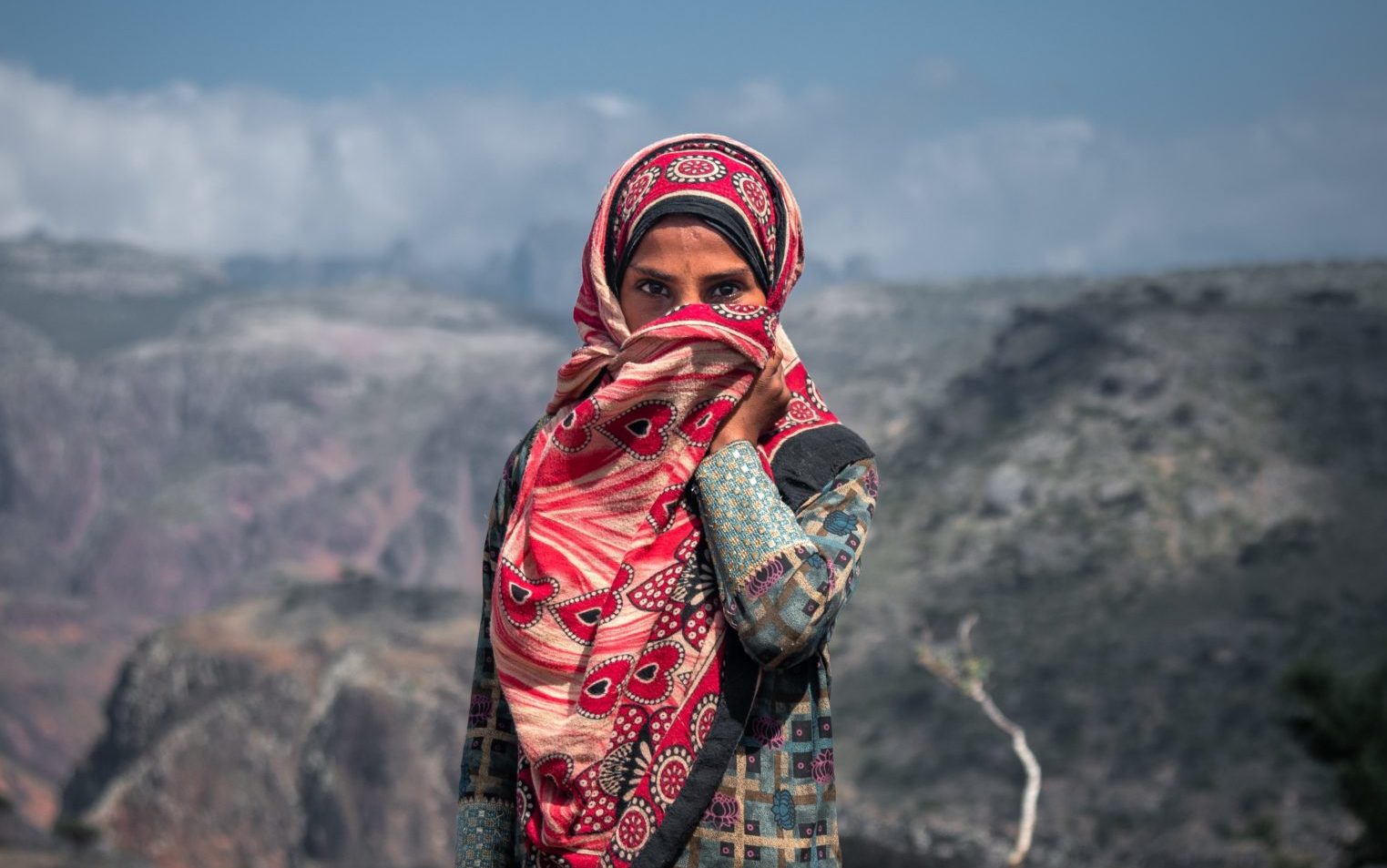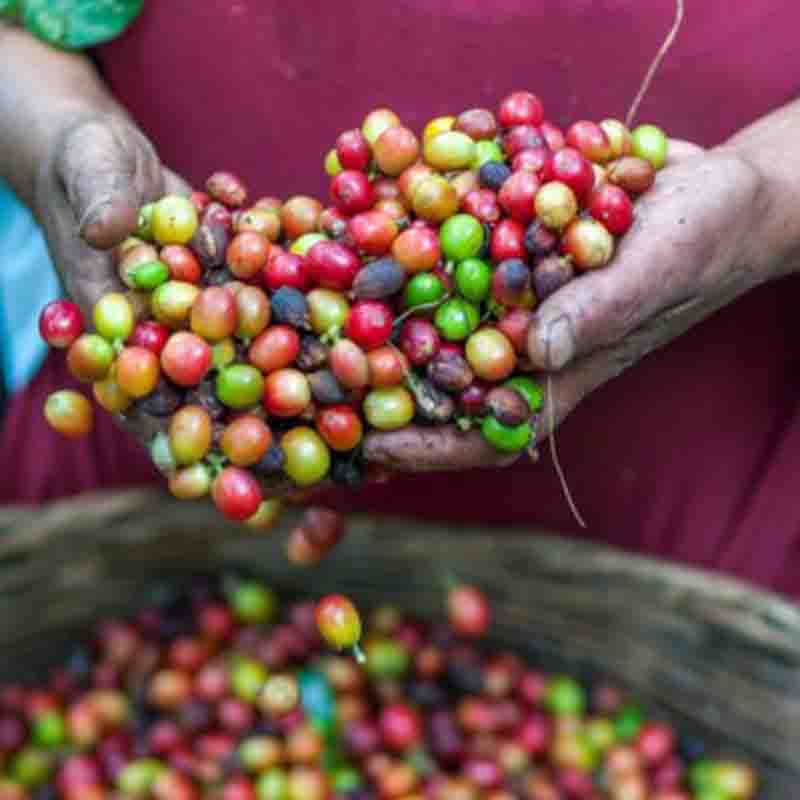Coffee Quality Institute
ARTICLES AND BLOG POSTS
Stories that connect audiences to your brand.
Photo: Farms in Taiz by FiatLuxury. CC license: ND

Problem
Coffee Quality Institute’s challenge? They are creating incredible value both for coffee growers and consumers. How can they communicate that their work goes far beyond instituting standards while still remaining true to their brand?

Solution
A series of articles and blog posts that highlight how CQI standards do far more than protect the quality of the neighborhood coffeeshop’s latte. By emphasizing how its programs improve the lives of growers around the world, the organization demonstrates that sustainable agriculture and socially responsible companies can make a difference.
Sample Blog Post
Brewing Women’s Empowerment
The Women’s Association of Talooq and Coffee Quality Institute help Yemen
foster its coffee industry while investing in women and their families.
Nafisa Aiash has been growing coffee in the terraced fields of Taiz, Yemen for over fifteen years. Even though the coffee from her family’s farm is some of the best in her region, Aiash and her daughter Murad rarely got the prices offered to the few men growing coffee in Yemen. Instead, her beans were often destined for Kishr, a coffee bean drink that pays far lower dividends than the beans destined for export.
“We suspected we weren’t getting a fair price. But we weren’t sure what our beans were worth.”
This changed when she became a member of the Women’s Association of Talooq. This collective helps the women who have largely taken over the coffee growing in the region. Currently, women make up three-fourths of all coffee growers in Yemen. In Talooq, most of the men have left the region in search of work, either abandoning their farms or more commonly leaving them for their wives or daughters to tend. Prior to the formation of the Women’s Association, the women growing coffee were facing even more challenges than the men who had vacated the coffee fields. “Now, God willing, I can sell as part of the collective. Together, we get more for our beans than ever before,” explains Aiash. Because of her increased income Aiash was able to send her children to school; her eldest daughter, Murad, will graduate from high school next year.
As a member of this group, Aiash not only learned what coffee merchants were paying for beans, and she is beginning to learn different ways to increase her fields’ yield. The Women’s Association has also begun to grow coffee trees in nurseries and sell the seedlings to their members at discounted rates. Women in the association also help each other out when it’s time to pick the coffee. “Most of my beans were ready before Zaynab’s” explains Aiash, “so she helped us pick the beans, and then we helped her when her coffee was ripe.”
With the Coffee Quality Institute’s help, Aiash and other members of the Women’s Association of Talooq are being introduced to their coffees’ potential in international markets, as well as getting leadership training. As Fatima Abdulkabir, leader of the association explains, “For most of us it’s just coffee — we have drunk it all our lives. But when I was in Germany I learned how much people value Yemeni coffee. Many in our community have had to leave and few believe we could make a living off of our coffee, but it’s a treasure.”
Through their work with the Coffee Quality Institute, the Women’s Association of Talooq has gone beyond their traditional work as a collective, joining with other local coffee industry organizations to chart the future of Yemeni Coffee. Women from the association described their work and noted the challenges they face, including limited water, trees with diminishing yields, and lack of access to high-end markets. Through their knowledge of what is happening in smallholder farms, and dedication to maintaining a centuries-old coffee tradition, the Women’s Association of Talooq has helped ensure that Yemeni women have a voice when planning the future of the coffee industry. “I was scared to speak, but they wanted to listen to what we know and what we want. And I wanted to hear them speak too. God willing, our new, planned future for our coffee is inspiring.” explained Aiash.
The Coffee Quality’s Institute’s work with The Women’s Association of Talooq is one more example of its commitment to helping not only the coffee industry but the lives of those who depend on it. Together they are ensuring that the women of Taiz can reap the benefits promised by Ayoub Tarish — a famous Yemeni singer — in one of his more popular songs, “Coffee,” he sings, “You are a pearl and a treasure on a tree. Whoever grows you will not be poor or humiliated.”

Related Project
Attention-Grabbing Content
For USAID Applications
While writing successful grants for USAID requires several key steps. Perhaps most important is that the first pages connect with the TEC (Technical Evaluation Committee). Great technical responses are not enough, a successful grant sells the organization and its program through highly compelling storytelling.
Leveraging Yemeni farmers’ stories with narrative that highlighted the organizations previous projects created a high-impact, winning grant application.